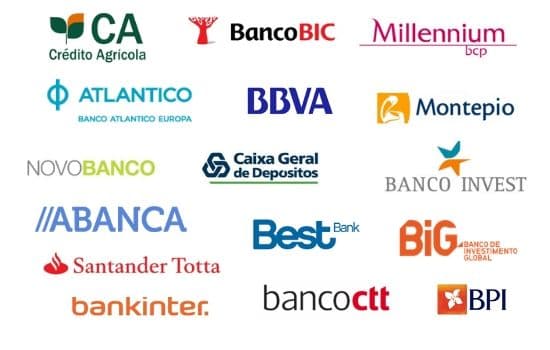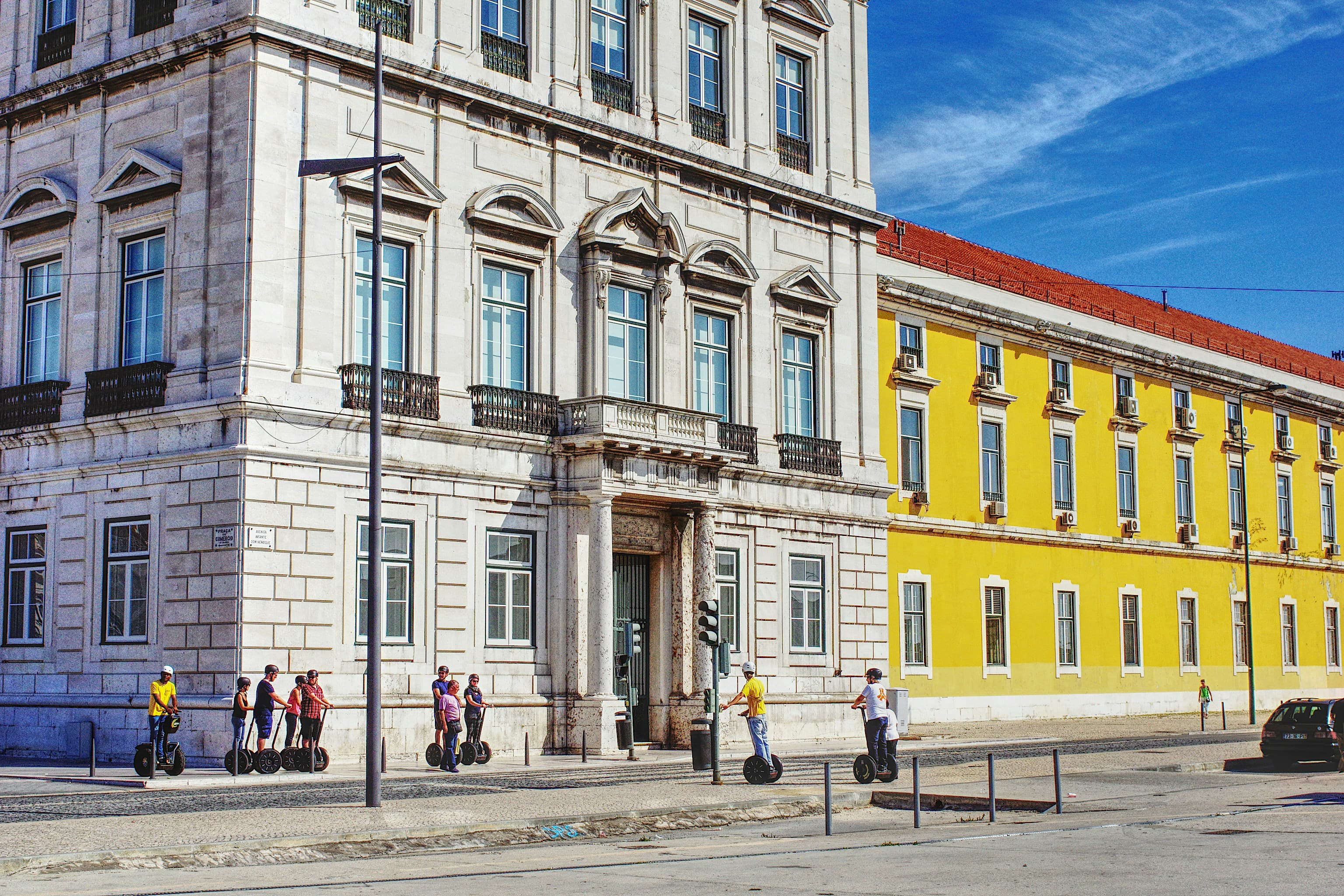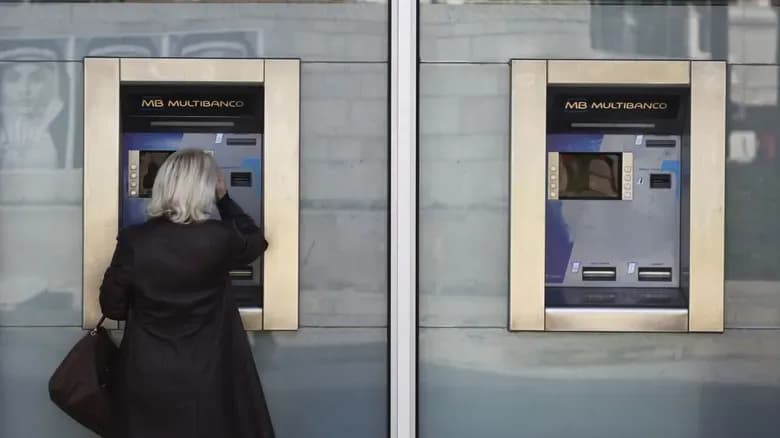
Investing in real estate in Portugal is a dream for many foreigners ! With sunshine throughout the year, a pleasant climate, and a high quality of life, everything seems to be in place for buying a house or an apartment in this small European country. However, behind this attractive image lies an essential reality : the Portuguese real estate market is not fully regulated. This creates both opportunities and potential pitfalls for investors. Understanding how the market functions and where the risks lie is key to making a successful investment.
A booming market
Over the last decade, Portugal has seen a significant rise in property prices. The Algarve was the first region to attract a large number of foreign buyers, especially following the introduction of the Non-Habitual Resident (NHR) tax regime. Lisbon and Porto soon followed suit. The tourism industry, short-term rental schemes such as Airbnb (referred to locally as Alojamento Local) and certain government incentives have significantly boosted demand.
The result : between 2013 and 2023, prices skyrocketed ! In Lisbon, some areas now exceed €6,500 per square metre, while Porto is rapidly catching up. The Algarve, once more affordable, now experiences annual price increases in the double digits in its most sought-after towns.
Despite this surge, the Portuguese real estate market remains attractive for those who know where to look, offering investment opportunities for foreigners willing to navigate its complexities.
A unique and often opaque market
One of the distinguishing features of the Portuguese property market is the prevalence of family-owned properties, often passed down through generations. Many homes or plots are not listed for sale out of necessity. When property values soared, many families decided to test the market: they list their homes, often at high prices, and wait to see if buyers (sometimes foreign investors) will bite, without any real urgency to sell.
For instance, a house of approximately 50m², in need of a full renovation, located just 15 minutes from Porto, could be listed for €100,000. This creates a distortion in the market : properties can stay on the market for years without being sold, artificially inflating the perception of prices.
For a foreign buyer unfamiliar with these nuances, it can appear that all properties are expensive, fixed in price, and difficult to negotiate. Yet, with the right information and patience, there are strategies to identify real opportunities.
Opportunities to seize
Despite the rising prices, there are still attractive investment options for those willing to search carefully.
Older properties for renovation : these can be purchased at reasonable prices, particularly in rural areas or on the outskirts of major cities. While such properties may require substantial renovations, they allow investors to create a bespoke project and enter the Portuguese market with a lower initial investment.
Peripheral properties : homes located further from city centres or beaches are often overlooked by investors, yet they may represent solid medium- to long-term investments.
Plots of land : agricultural or potentially urbanisable plots can be converted into profitable projects, although they require patience and a solid understanding of local regulations. The Land Law (Lei dos Solos), passed in 2024, facilitates the reclassification of formerly “rustic” land to “urban” status, making construction projects easier under certain conditions.
Investing in these types of projects demands time, careful planning, and ideally professional guidance. However, it remains one of the most accessible ways to enter the Portuguese property market without overspending.

©marija06
Major pitfalls to avoid
Overvalued properties
As mentioned, many property owners are not in urgent need of cash. They list homes at inflated prices, disconnected from actual market transactions, hoping to attract a foreign or impatient buyer. The key is to rely on actual transaction prices rather than listings.
Underestimating renovation costs
Older homes, especially in northern Portugal, can conceal problems such as humidity, non-compliant electrical systems, or weakened structures. Renovation costs can escalate quickly, particularly for foreign buyers unfamiliar with local craftsmen, who may pay more for substandard work. Always include a generous renovation budget.
Uneven quality among real estate agencies
There are many agencies in Portugal, but not all are trustworthy. Some provide excellent service and genuinely support their clients, while others exploit foreigners’ lack of knowledge, inflating prices or withholding information. Essential advice : never work with an unverified agency and rely on recommendations from other buyers, online forums, or expatriate groups.
Administrative challenges
Another common pitfall involves tourist rental licences (Alojamento Local). For years, investors bought properties expecting to rent them short-term, particularly in Lisbon and Porto, where tourism demand skyrocketed. In response to rapid price increases, authorities tightened licensing rules to ensure local residents have access to housing. In some historic areas, obtaining a new licence is now almost impossible, reducing potential profitability. Investors relying on short-term rentals may find their property less lucrative than expected
Regional specifics
Lisbon, a tight market
The capital remains the most expensive region, particularly in historic districts, with intense competition.
Porto, a growing dynamic
Once more affordable, Porto has seen a strong price surge, boosted by tourism and cultural appeal
Algarve, coastal allure
Continues to attract many foreigners due to its year-round pleasant climate, though bargains are increasingly rare.
Inland Portugal, a potential alternative
Rural areas still offer attractive prices. However, low-cost village houses may have low rental yields, and resale can take longer. Often, these properties require substantial renovations.
Advice for securing your investment
Faced with this complexity, a few simple strategies can prevent costly mistakes.
Define your objective : are you buying to live, rent, or resell ? Each goal requires a different approach.
Compare actual prices : visit multiple properties and conduct local research.
Engage a lawyer or solicitador : ensures clear property titles and avoids surprises, particularly with complex family inheritances.
Include all costs : notary fees, taxes, and renovation expenses must be anticipated.
With these strategies, investors can navigate the Portuguese real estate market more safely and effectively.
Real estate in Portugal is neither a uniform bubble nor a guaranteed goldmine. It is a land of opportunity but also full of potential pitfalls. Prices have risen significantly, and traps abound, yet opportunities remain for those who proceed cautiously and with professional guidance. The key is to stay rational, resist the allure of immediate dreams, and carefully analyse each investment. With the right information, investing in Portuguese real estate can be a highly rewarding financial and personal endeavour.
Share this article
Suggested articles

Payment Methods in Portugal Cards, MB Way, and Cash
Portugal attracts millions of visitors every year, as well as a growing population of expatriates from Europe, Africa, and the Americas. For newcomers, understanding how payment methods work in the country is essential for managing a budget, making everyday purchases, and avoiding unpleasant surprises.

Mortgage Loans in Portugal : Conditions and Rates
Portugal attracts numerous people every year (expatriates, investors, and future homeowners) drawn by its climate, quality of life, and property prices that are still relatively affordable compared to other European countries.

Money Transfers France ↔ Portugal: Best Solutions
More and more French citizens are living, working, or investing in Portugal. Whether expats, students, retirees, or entrepreneurs, money transfers between France and Portugal have become a daily reality. But with hidden fees, varying transfer times, and sometimes unfavorable exchange rates, choosing the right transfer method is essential.

Opening a bank account in Portugal : how to do it
You’ve decided to settle under the Portuguese sun, coffee in hand and maybe a pastel de nata for dessert ? Excellent choice. But before you fully relax, there’s one essential step : opening a local bank account. Because yes, even in Portugal, things “run smoother” when you’ve got a Portuguese IBAN. Here’s how to do it, without losing your mind, promise !

Online Banks and Neobanks Operating in Portugal
Portugal, known for its hospitality and relaxed lifestyle, is also a country looking toward the future. In the financial sector, it is establishing itself as a European laboratory for digital banking services. With a young, connected, and tech-savvy population, online banks and neobanks have found an enthusiastic audience here.

Withdrawing Cash in Portugal Fees, Pitfalls and Tips to Avoid Surprises
When travelling to or living in Portugal, withdrawing cash may seem straightforward : you find an ATM, insert your card, and take your money. However, behind this simplicity, there can be hidden fees, poor practices, and choices of card or ATM that can significantly increase costs. This guide will help you understand how to withdraw money safely, minimise fees, and avoid unpleasant surprises.


